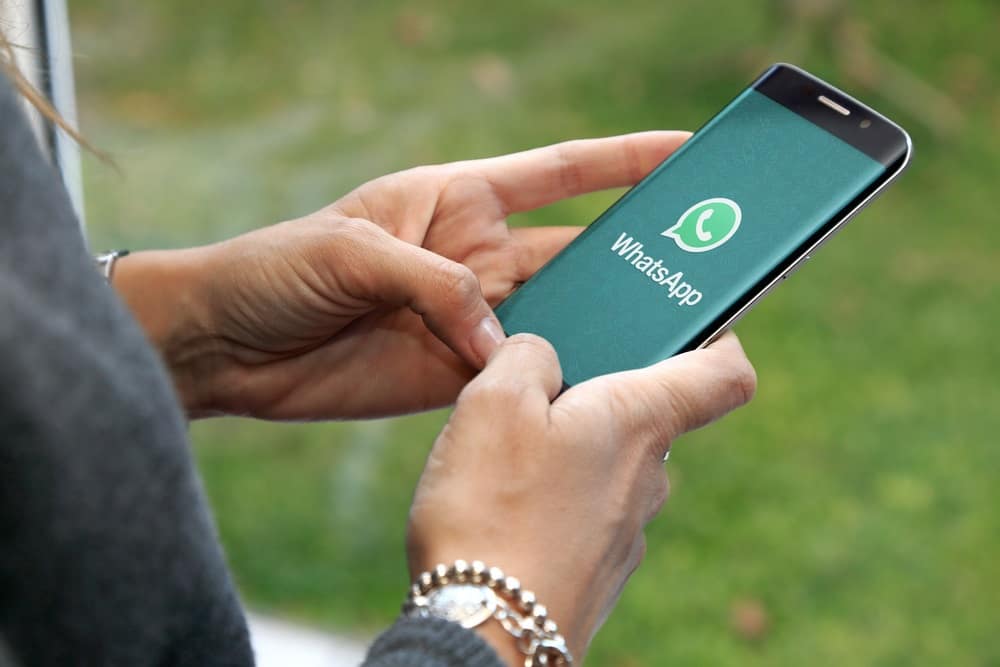Proofpoint Inc – An American SaaS Provider Specialising In Security Software.
Proofpoint Inc is a security software company based in Sunnyvale, California, US. Eric Hahn founded the company in 2002 and since then it has grown into a big family of more than 3600 employees. Proofpoint is a very well-known and reliable company when it comes to providing SaaS and products. The main product of the company is providing security software for inbound email, email encryption, outbound data loss prevention, email archiving, etc. Proofpoint currently serves more than 8,000 organizations across the globe. Apart from its headquarter, the company also has offices in Australia, Europe, Canada, US, and several Asian countries. Currently, Gary Steele is the Chairman and CEO of the company.
History of the Company
In June 2002, Eric Hahn founded the company, Proofpoint Inc. He is most famous as the CTO of Netscape Communications which lost the market to Internet Explorer. For a year, the company made attempts to raise a good amount of funding. So, after it received Series A funding, the company raised $7 million and then decided to launch publicly in July 2003. During the initial days, venture investors like Benchmark Capital along with Stanford University backed the company. The same year, Proofpoint released its first product and raised another $9 million from Series B funding.
The first-ever product that was released by Proofpoint was called the Proofpoint Protection Server. This was built for medium and large-scale businesses and it used machine learning algorithms to detect spam mails more accurately. The span detection software was hit in the market in the 2000s and it was one of the top business properties. This led to the very rapid growth of Powerpoint as it gained many customers in a short span of time.
With the increase in the number of cyber threats in different forms, the products of Proofpoint evolved accordingly. The company also introduced features like email encryption and identity-based encryption in its products. In 2008, the company introduced Proofpoint on Demand- Standard Edition which was especially for small and medium scale businesses that don’t run on their own servers. In 2012, the company filed its first IPO and became a publicly-traded company. A few months ago, Proofpoint declared that it will be acquired by a private equity firm, Thoma Bravo.

Shifting Strategies During the Pandemic
With the start of lockdown that is still continuing in many places, business scenarios and goals changed for many companies. Proofpoint also had to evolve because of the sudden change in the work environment and something it didn’t plan to do. A major part of Proofpoint’s solutions revolves around mail, especially direct mail programs. But with the onset of the pandemic, they needed to change strategies as employees of companies all over the world shifted to their home environment. Halting the services of the company was never an option, so the company laid new strategies according to the remote workflow within only a week and a half and made some effective changes. Proofpoint decided to modify their direct mail programs and focus on targeted intent-based digital outreach.
Acquisitions
Proofpoint has acquired several companies in its journey since 2003. The first company acquired by Proofpoint was Fortiva which was back in June 2008 followed by Secure Data in Motion in the same year. In 2012, the company acquired NextPage and next year bought three companies in a row, namely, Abaca Technology Corporation, Armorize Technologies, and Sendmail Inc. The two biggest acquisitions in the history of Proofpoint are Wombat Security Technologies and ObserveIT, both for $225 million. The company’s latest acquisition was in February 2021 when it bought InteliSecure.
Gary Steele – CEO of Proofpoint Inc
Gary Steele has been serving as the CEO of the company since day 1. He is responsible for all the successful funding rounds and filing its first IPO. Before joining Proofpoint, he worked at many famous companies like Hewlett-Packard, Sun Microsystems, Portera, and Sybase Inc. He studied computer science at Washington State University.

Annasha Dey is an NIT student, who apart from studying engineering is also a content writer. She has a great interest in photography, writing, reading novels, and travelling as well. She is a foodie who loves socializing and hanging out with her friends. She is also a trained Kathak dancer and a big fashion enthusiast. Dey also loves watching TV series, which includes F.R.I.E.N.D.S. and Big Bang Theory. To be a better writer she prefers to read more




